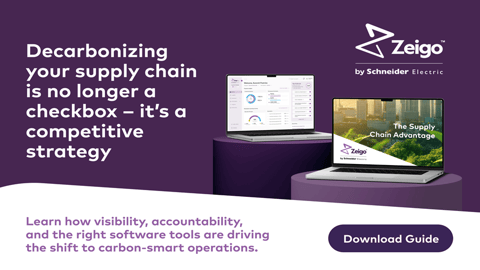20% of Companies To Shift Packaging Focus Away From Recycling: Gartner
Some companies may have gotten a little over their skis when it comes to their sustainability goals.
One-fifth of organizations in the next three years will shift their focus from recycling and eliminating plastics to instead reducing their packaging’s carbon footprint, according to Gartner. This includes not only using less packaging material, but also materials that are more efficiently produced, transported, and processed.
“The packaging ecosystem has not advanced at the pace that organizations setting targets back in 2017 and 2018 had hoped for,” said John Blake, senior director analyst with Gartner’s supply chain practice, in a statement. “Organizations face operational and financial challenges that were discovered only through the attempt to deliver their goals, but meaningful progress on sustainability can still be made with more realistic frameworks in place.”
All of the largest consumer goods companies have developed sustainability commitments, most of which include some form of packaging goals. Of the 25 largest CPG companies, 100% have made commitments to increasing recyclable content, minimizing packaging, or reusing material, according to the Consumer Brands Association, with 80% of them working toward fully recyclable packaging for all of their products by 2030.
Indeed, while the industry doesn’t lack for green ambition, attaining sustainability goals has proven more difficult than some anticipated, particularly for those saddled by legacy processes and technology. Gartner noted that while the most popular commitments to sustainable packaging have centered on 100% of packaging being reusable, recyclable or compostable by 2025, 90% of companies with such commitments won’t meet their objectives.
What Consumer Goods Companies Can Do
Companies that make the switch toward reducing packaging’s carbon footprint are at risk for public backlash over criticisms of greenwashing, the research firm notes, and would be well-served to get a jump on educating the necessary stakeholders about the life cycle assessment (LCA) sustainability metric.
An LCA sustainability metric analyzes the environmental impact of a product, material, or process over the course of its entire life cycle. Blake noted that while it was tested by organizations a decade ago and abandoned due to complexity and lack of relevancy, new data analysis tools are making packaging LCAs more accessible.
“While missing targets will have repercussions in the public eye, organizations that come to terms with the unfeasibility of their previous brand-driven targets and embrace a more realistic, affordable and effective approach will have more progress to show on their sustainability goals than those who remain in denial,” he added.








